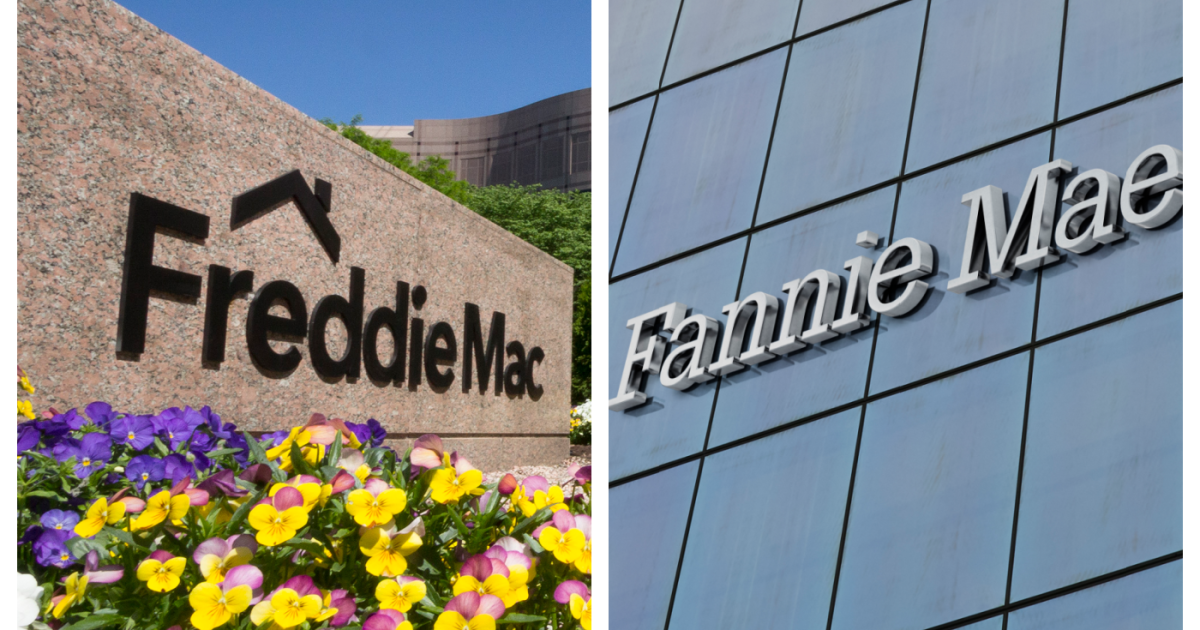
The larger of two influential government-related mortgage buyers has made clear that even non depository mortgage companies not governed by the Bank Secrecy Act still have certain anti-money laundering responsibilities.
"If a seller/servicer is not subject to
While deregulation is a goal evident in
Fannie Mae and Freddie Mac keep closer eye on condo, co-op finances
Both government-sponsored enterprises also are tightening rules around
The rule becomes mandatory for applications dated on or after Sept. 30, but both GSEs indicated loan sellers have the responsibility not to immediately end plans to deliver loans before then if they become a mortgage isn't eligible for this reason.
Fannie Mae specifically requires sellers to let its project standards team know if such a circumstance arises "within five business days."
The move comes soon after the fourth anniversary of a notorious condo collapse in Surfside, Florida that highlighted the dangers of aging buildings with financial setbacks that could impair efforts to adequately maintain structures and exacerbate what can be high insurance rates.
Both GSEs have sought to balance the need to manage such risks with interest borrowers may have in financed purchases of condo and cooperative units.
Freddie adds buydowns for some factory-built home loans
Borrowers interested in another form of more affordable housing now have immediate access to temporary rate buydowns
"We have updated the guide to allow temporary subsidy buydowns for mortgages secured by manufactured homes," Freddie wrote recently in a bulletin, referring to an option that starts with a lower rate that "graduates up over the next two to three years."
Pulte said in a May speech
"I don't think that the average American fully understands how much new construction has advanced in terms of technology," he told attendees at that convention, noting that this pertains both to site- and factory-built homes. Pulte's family has ties to the homebuilding industry.
Buydowns have been popular recently given the housing market's affordability struggles and there have been efforts to allow expanded use of them with some guardrails. Secondary market investors have called for more disclosure around them due to their prepayment implications.
A bipartisan bill Gov. Josh Shapiro of Pennsylvania signed last week is another sign of the growth of buydowns. It amends the state's mortgage licensing law and to specify that discount points can be used to buy down the rates of primary mortgages and second-lien loans.
"This new law ensures consistency across the majority of states," said Wendy Spicher, secretary of the state's Department of Banking and Securities, in a press release about the amendment, which goes into effect a couple months from now.



